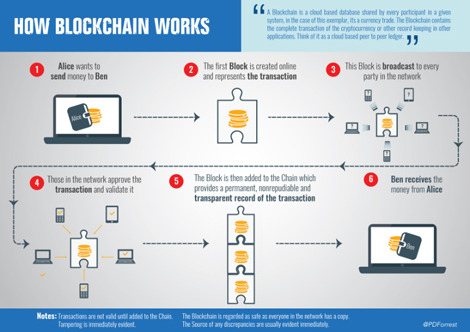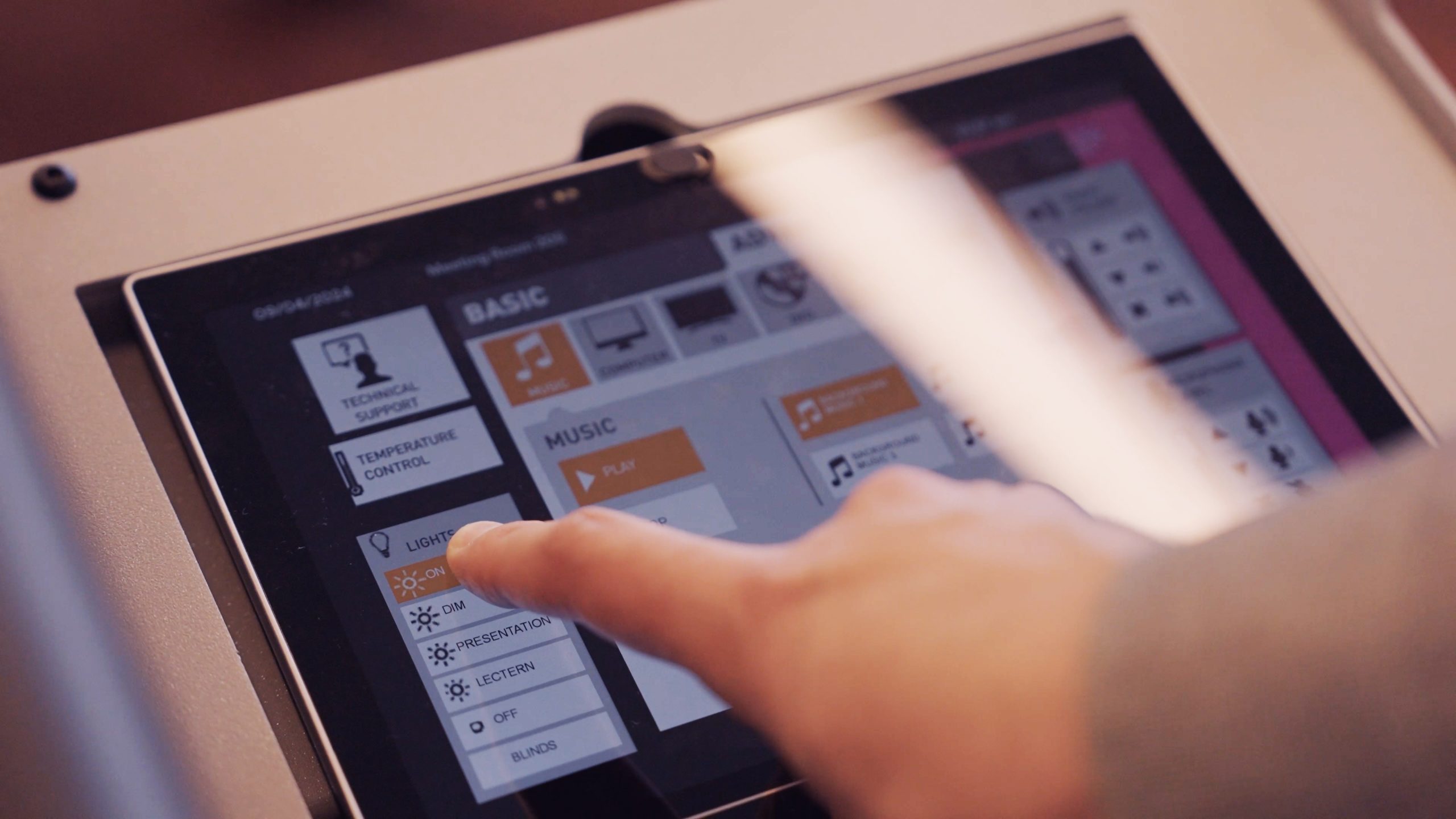MOST people are familiar with the concepts artificial intelligence, virtual and augmented reality, automated delivery, quantum computing, space tourism, and neural interfaces, but who, outside of the world of digital specialists, knows what blockchain is?
All of the above have one thing in common. They are listed in Sabre Labs’ Radar 2017 report as being emerging technologies “framed through the lens of travel”, trends likely to impact the travel industry over the next decade.
(For a larger-sized view of the above infographic, click here)
Boris Barreck, director of the Hong Kong-based events software company Central Pacific Consultants, agrees with Sabre Labs and says he can envisage a number of specific potential blockchain applications for the meetings and events profession.
But what is it? Blockchain is a revolutionary new method of sharing and using information in a way that means it cannot be compromised, corrupted or interfered with. Probably the best way of understanding it is in the context of its best-known use so far: it is the protocol that enables the digital currency Bitcoin to work.

Sabre Labs describes blockchain as “a set of ideas rather than a single thing”. “Blockchain protocols (like those defined by Bitcoin, Ethereum, Hyperledger, etc) are essentially programming languages – each has various strengths and weaknesses.”
Sabre Labs describes blockchain as “blocks of data [that] are sequentially added to a chain of similar blocks. All blocks in a chain must follow the same set of rules, established from the first block. As each new block of information is added, the entire chain is tested to make sure nothing is out of place. Chains are unbreakable or ‘immutable’ – once a block is in place, it can’t be moved or changed without taking the whole chain apart.”
Blockchain information is hosted on multiple computers and cannot be hacked or hijacked. Writing on the tnooz.com blog in an article headlined “The what, why and how of blockchain in travel”, the CEO of Roomstorm, Maksim Izmaylov, describes how blockchain is totally transparent and moves transactional trust to a whole new level. There can be private chains as well as the public ones that drive Bitcoin and Ethereum, a decentralised platform that runs smart contracts.
Govern whole industries
“Whole organisations, for example escrow funds, can now be replaced with just a few lines of computer code,” Izmaylov writes. “All interested parties in this case will be able to see that party A transacted a certain amount of money to an address on a blockchain that will send that money to party B, when certain conditions are met.
“This is a very powerful concept that now allows us to create organisations that could govern whole industries, but that would lack all the downsides of monopolies.”
More on this… Pioneering a blockchain disruption
It remains to be seen just how blockchain is applied to the meetings and events industry, but Sabre Labs spells out a number of areas where it is already having an impact in the travel world.
For example, Webjet is piloting hotel room inventories based on it, and hotel and airline loyalty programmes are reported to be transitioning to it.
Central Pacific Consultants’ Barreck sees currency transactions, compliance issues, identity and trust as areas where blockchain can impact the meetings industry.
“I can see some areas in which the industry could be one of the front runners in adapting blockchain technology in different ways. For example, Bitcoin has the potential to become the currency for (international) travellers. It could also become the preferred way of payment for the events industry to pay suppliers across borders.
Supplier screening
“Blockchain could also facilitate supplier screening, smart contracts or decreasing compliance-related processes.
“As a technology supplier for the events industry with clients in banking and the luxury market, we often face lengthy compliance processes, something which could be automated with some sort of blockchain tech.
“Another question here is, could blockchain be used in the future to prove a person’s or company’s identity (and certain kinds of ownership over products, certificates etc.) over the network?”
Barreck says the trust element could be very important to the events and meetings industry, with the “sharing and trust economy” of companies like Airbnb and Uber exemplifying areas where, “identity and trust level is double checked and confirmed by digital referrals, comments and ratings”.
Sabre Labs warns, though, that while there are areas that could be of use, there will still be need for agreed oversight and scrutiny, and that any developments will take time.
“Centralised players are necessary to help ensure proper identity, policy compliance, reporting and security,” the report says. “The cost and potential regulatory liability of moving billions of transactions to a new and barely-tested eco-system is extremely prohibitive, as is the challenge of consensus around a new platform.”


